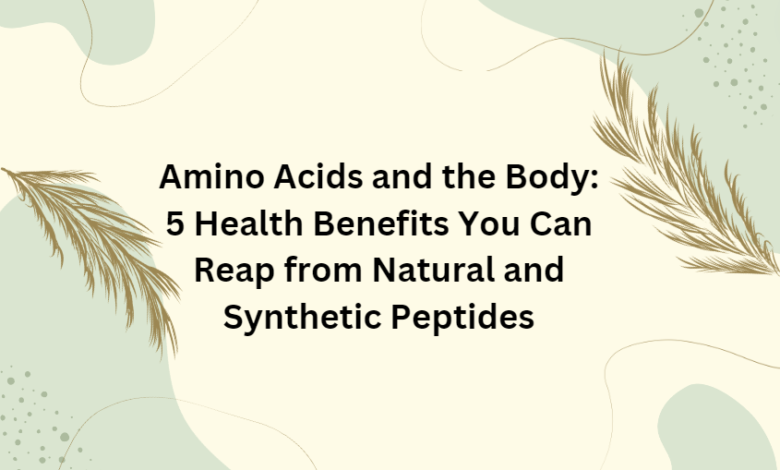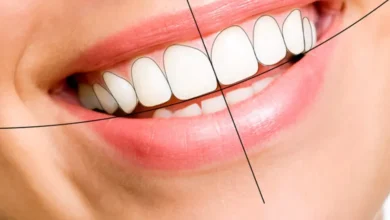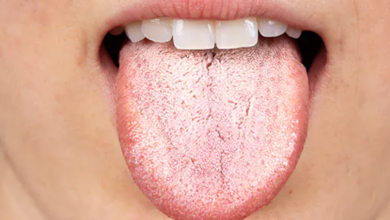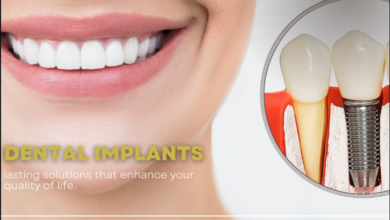Amino Acids and the Body: 5 Health Benefits You Can Reap from Natural and Synthetic Peptides

Peptides are molecules made up of a string of two or more amino acids – the building blocks of proteins. Your body naturally produces peptides in your cells, which facilitate important biological and biochemical functions. One peptide you may be familiar with is insulin. Technically, insulin is a peptide string of 51 amino acids that regulates sugar in your body. Other peptides also have vital benefits for your body. Let’s review five of these benefits and how you can harness them.
Contents
Anti-Aging
Collagen is one of the primary building blocks of your skin, bones, and connective tissue. As you age, your body starts to produce less collagen, and the little collagen it produces breaks down faster. This is what results in symptoms of aging like sagging or wrinkling skin, weaker bones, and shrinking, weakening, or stiffening muscles and tendons.
Because your body cannot absorb collagen in its whole form, collagen is usually delivered to your body as a peptide. Collagen is broken down into smaller strings of about three to four amino acids, also called hydrolyzed collagen, and used in pills, creams, and other supplements. This peptide can help plump up and soften your skin, improve joint function, and strengthen your muscles.
Muscle Growth and Weight Loss
Peptides can also help you gain lean muscle mass. A group of peptides called growth hormone secretagogues (GHS) are known to help stimulate the production and secretion of human growth hormone (HGH) in the pituitary gland. As such, using Peptides for muscle growth can help you grow your muscles faster and naturally.
GHS peptides, or HGH-S, can also increase the levels of IGF-1 hormone in your body, which promotes protein synthesis. However, this use of peptides is heavily regulated by the FDA, and you should consult a specialist before you begin a regimen, mainly if you compete professionally in a sport.
Healthy Skin and Hair Growth
Your body produces several peptides that help protect your skin from infections and trauma. Antimicrobial peptides (AMPs), for instance, strengthen your skin and form a better barrier against bacteria. They also promote wound healing. Imbalances in your AMP levels can cause medical conditions such as rosacea, eczema, acne, and psoriasis.
Synthetic AMPs can be formulated in a lab and delivered to your body through serums and lotions to improve skin health. The GHK-Cu peptide can have similar effects on your hair and can promote hair growth in patients with pattern hair loss.
Increased Testosterone
Some peptides serve biochemical functions like regulating hormone levels in the body. The kisspeptin-10 and gonadorelin peptides, for instance, can stimulate the production and secretion of follicle-stimulating hormone (FSH), gonadotropin luteinizing hormone (LH), and gonadotropin-releasing hormone (GnRH). These three hormones are responsible for testosterone production in the body. As such, kisspeptin-10 and gonadorelin can help increase testosterone levels in the body and, in some cases, reverse infertility in patients assigned male at birth.
Consult a Specialist About Peptide Therapy Today
Researchers have been working with peptides since 1921, harnessing their powers for different medical uses. Using Peptides for muscle growth is not new, but it is becoming more advanced as medical technology grows. If you want to explore this particular benefit, contact the experts at Performance Pain and Sports Medicine to discuss how peptide therapy can help you grow your body.



